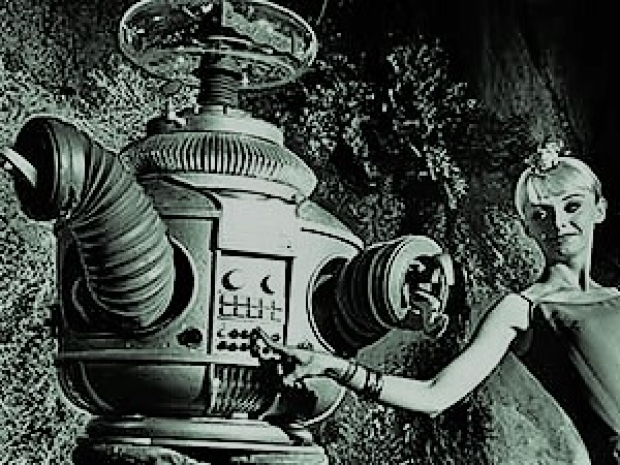More than 50 AI researchers from 30 countries signed a letter expressing concern about its plans to develop artificial intelligence for weapons. In response, the university said it would not be developing "autonomous lethal weapons".
The boycott comes ahead of a UN meeting to discuss killer robots.
However, Korea Advanced Institute of Science and Technology insists it has no plans to develop "killer robots" after teaming up with one of the country's major producers of autonomous weapons and cluster munitions. The centre will “develop artificial intelligence technologies to be applied to military weapons” to “search for and eliminate targets without human control", according to The Korea Times.
Shin Sung-chul, president of the Korea Advanced Institute of Science and Technology (Kaist), said: "I reaffirm once again that Kaist will not conduct any research activities counter to human dignity including autonomous weapons lacking meaningful human control. Kaist is significantly aware of ethical concerns in the application of all technologies including artificial intelligence."
But the participants in the boycott, who hail from 30 countries, have vowed not to visit KAIST or work with its staff unless it assures that the weapons it works on will have "meaningful human control".
Boycott organiser Professor Toby Walsh of the University of New South Wales, who organised the boycott said: “We can see prototypes of autonomous weapons under development today by many nations including the US, China, Russia, and the UK. We are locked in an arms race that no one wants to happen. KAIST’s actions will only accelerate this arms race. We cannot tolerate this.
“We should not hand over the decision of who lives or dies to a machine", Walsh said. "This crosses a clear moral line. We should not let robots decide who lives and who dies.”
KAIST's DRC-HUBO robot emerged victorious in the 2015 DARPA robotics challenge, and the university's AI researchers are among the world's best.




